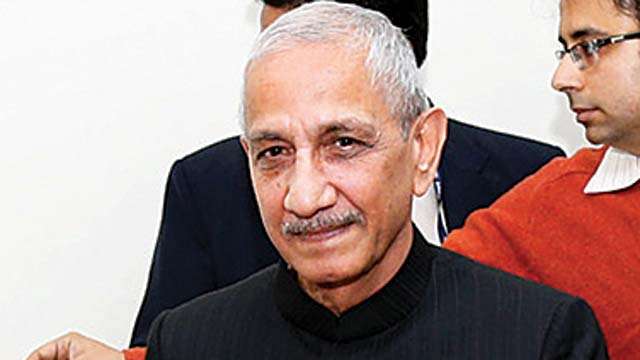The KS Monitoring desk
Everyone talks about the importance of savings for the economy. But very little has been done to encourage savings. Savings, in many ways, are the opposite of consumption. The individuals and the nation have to restrict their expenditure to save. There are statistics on which quite a few countries should get worried as well as ashamed. Some of them are not discernable so the public do not know about them. They relate to phenomena, which like chronic diseases, eat up the body but do not show any visible symptoms – they can be found only by an expert. One such malady which is known and has been showing signs but it is neglected – sometimes even exacerbated by exigencies. It is our rate of saving. Our savings are so low and record so dismal that no government document spares more than a few lines to discuss the issue.
Islamic finance can be a potential tool to enhance savings rate as it offers another way one can own a home or buy a car; whether it makes sense to have such products; and if there’s merit, how to go about selling it.
As a genre of services, Islamic finance abhors the idea of making money out of money and upholds the belief that wealth is generated through actual trade and investment. It’s just a different kind of commercial banking: instead of charging interest on loan, the product is structured differently. Unlike plain vanilla loans, Islamic finance products have multiple contracts, but as a structure, it is considered in its entirety. A lot depends on how these are structured. For instance, even though Sharia’h forbids trading of loans, there are structures that can be used to ‘securitise’ portfolios.
While India’s current legal framework on lending is interest-based, Islamic finance is founded on participatory finance that entails sharing of profit or loss. If the profit earned is less than expected cash flows, then a smaller profit pool is shared — a mechanism that can lower the cost of capital. The RBI governor had said that laws have to be amended before one goes about allowing such products. Advocates of Islamic finance think it’s no big deal and one need not go through the rigmarole of standing committees and parliamentary proceedings — if the central bank can use its powers to let commercial banks open a new window. Other countries, even a few not particularly sensitive to Islamic sensibilities, have gone ahead with it. That’s because they sensed that any leading financial centre should be open to various investment possibilities.
So, why not India where savings have dipped? It’s a valid point, but there is a widely shared perception that regulators are not keen about it. The reasons are unknown: RBI may not have the regulatory comfort, or the market may not be large enough, or there could be resistance from some political parties. Around seven years ago, RBI had almost closed the chapter on the subject with a report (briefly put up on its website). More recently, the central bank pulled up a finance firm carrying out participative finance on the grounds that it violated the fair practices code where finance companies have to state upfront the return it was paying to depositors — something not tenable in Islamic finance. The dispute is pending before the Bombay High Court.
According to reports, Islamic banks have provided the best returns on cash deposited for two, three, four and five years – and these market leading rates are encouraging more UK customers to put money into sharia-compliant accounts.
“The demographic of our investors is in fact mostly non-Muslims,” said Nigel Denison, executive director of the Bank of London and the Middle East (BLME), one of the main providers of Islamic finance in the UK. “People are trying to diversify their holdings and we offer any term between three months and five years, so that flexibility is attractive.”
HSBC, one of the largest UK banks, said it had seen the customer base for its Islamic Amanah Finance, which offers current accounts and loans, double in the past two years. “There has been an increase in understanding of what Islamic finance is,” said Riaz Hassan, HSBC Amanah UK national manager. “Non-Muslim customers like the ethical stance that the accounts take, and the popularity is such that we’re now looking at the prospect of offering savings accounts.”
Rather than paying interest on customer money, Islamic savings accounts offer an “anticipated profit rate”, based on returns from commercial transactions. These commercial ventures must not include activity counter to the ethical stance of Islamic finance – which means deposits cannot be used to back businesses associated with tobacco, alcohol or pornography.
Islamic finance system has done well in developed financial markets like in U.K; in a developing economy like India it should be given a fair chance.














Leave a Reply